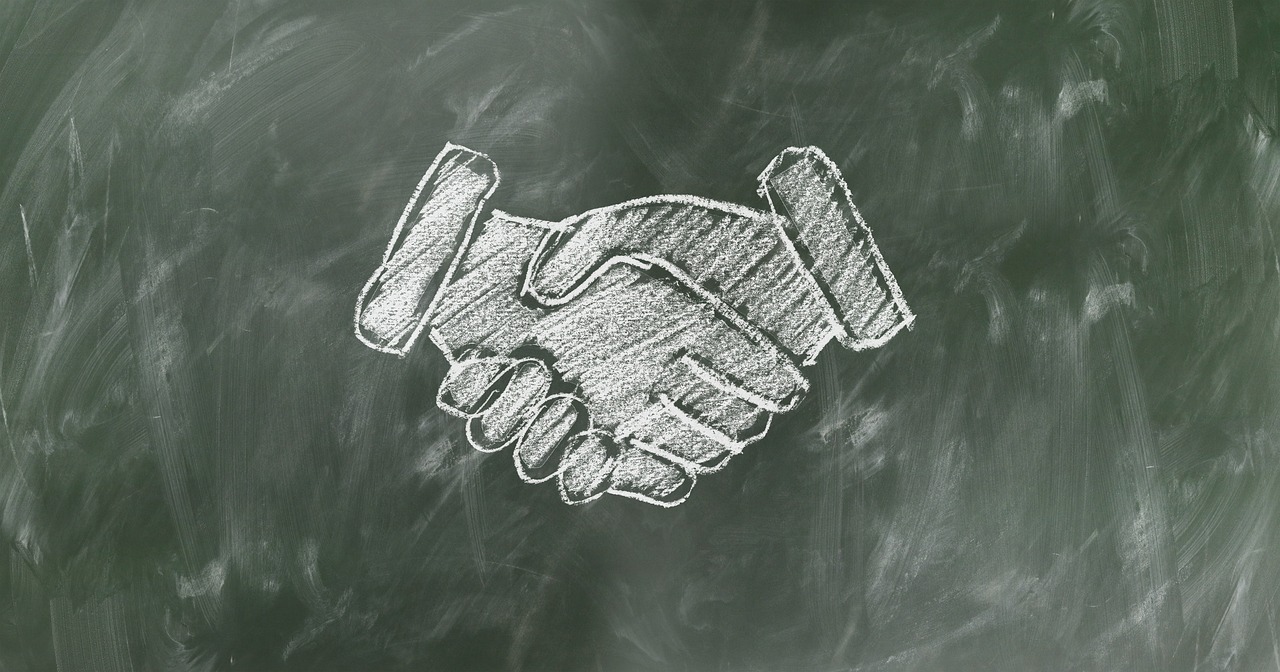Premises liability is a legal concept that holds property owners responsible for accidents and injuries that occur on their property due to unsafe conditions. Despite its straightforward definition, there are several misconceptions surrounding premises liability that can influence how people understand their rights and responsibilities in such cases. Here, we debunk some of the common myths associated with premises liability with insights from leading lawyers in the field.
Myth 1: Property Owners Are Always Liable for Any Injury That Occurs on Their Property
One of the most pervasive myths about premises liability is that property owners are automatically responsible for any injury that happens on their property. This is not entirely true. According to leading Beaufort premises liability lawyers, liability depends on several factors, including the legal status of the injured person at the time of the accident (whether they were an invitee, licensee, or trespasser) and whether the property owner knew or should have known about the hazardous condition.
For instance, if a visitor slips and falls on a wet floor in a grocery store, the store owner may be liable if it can be proven that they were aware of the spill and failed to clean it up or provide adequate warnings within a reasonable amount of time. However, if the spill occurred just moments before the accident and the store had no prior knowledge of it, proving liability becomes more challenging.
Myth 2: Premises Liability Only Applies to Slip and Fall Accidents
While slip and fall accidents are among the most common types of premises liability cases, this area of law covers a much broader range of scenarios. According to a Beaufort premises liability lawyer, other examples of potential premises liability claims include:
- Inadequate Security: Property owners may be liable for injuries caused by criminal acts if they fail to provide adequate security measures, such as proper lighting or security personnel in high-risk areas.
- Dangerous Conditions: This includes hazards such as broken stairs, uneven flooring, or unrestrained animals on the property that lead to injury.
- Defective Conditions: Injuries caused by defects in the property itself, such as collapsing structures or malfunctioning elevators, can also lead to premises liability claims.
Myth 3: If You Were Injured on Someone’s Property, You Automatically Have a Strong Legal Case
Not every injury sustained on someone else’s property automatically translates into a strong premises liability case. According to leading lawyers, the strength of a case depends on whether the property owner was negligent in maintaining safe premises and whether this negligence directly caused the injury. For example, if a person disregards warning signs and ventures into a clearly marked hazardous area, the property owner’s liability may be reduced or eliminated altogether.
Myth 4: You Can Handle Premises Liability Claims Without Legal Representation
Some individuals believe they can negotiate premises liability claims directly with insurance companies without legal representation. However, having a Beaufort premises liability lawyer on your side can significantly impact the outcome of your case. Lawyers specializing in premises liability understand the complexities of these cases, including gathering evidence, assessing liability, and negotiating fair compensation. They can also navigate potential defenses raised by property owners or their insurance companies to ensure your rights are protected.
Myth 5: Property Owners Are Always Insured for Premises Liability Claims
While property owners can carry liability insurance to protect themselves in case of accidents, not all do. Even if insurance coverage exists, insurers may dispute claims or offer settlements that do not adequately compensate injured parties. Moreover, insurance policies have limits, and if damages exceed these limits, the property owner may be personally liable for the remainder. This underscores the importance of consulting with a knowledgeable premises liability lawyer who can identify all potential sources of compensation and pursue them diligently.
Myth 6: You Can Sue Anytime You’re Injured on Someone’s Property
Timing is crucial in premises liability cases. In many jurisdictions, there are statutes of limitations that set a deadline for filing a lawsuit after an injury occurs. Missing this deadline can result in the loss of your right to seek compensation. Consulting with a Beaufort premises liability lawyer promptly after an injury is essential to ensure all legal deadlines are met and your case is pursued within the allowable timeframe.
Conclusion
Understanding the realities of premises liability is crucial for anyone who has been injured on someone else’s property or is a property owner themselves. Dispelling these common myths can help individuals make informed decisions about their legal rights and options. Whether you’re a visitor injured due to negligent property maintenance or a property owner facing a potential liability claim, seeking advice from experienced Beaufort premises liability lawyers is advisable to navigate these complex legal waters effectively and ensure fair treatment under the law.



